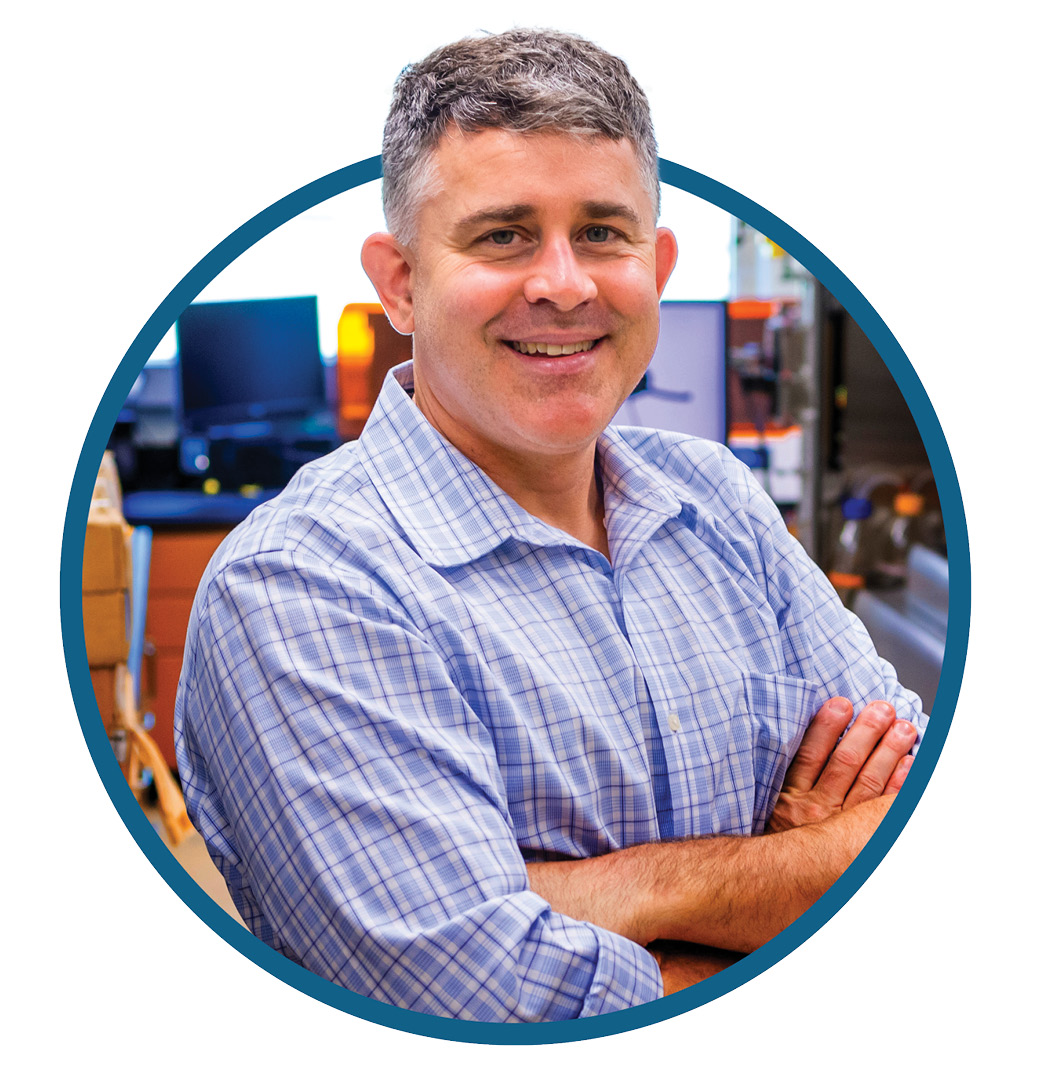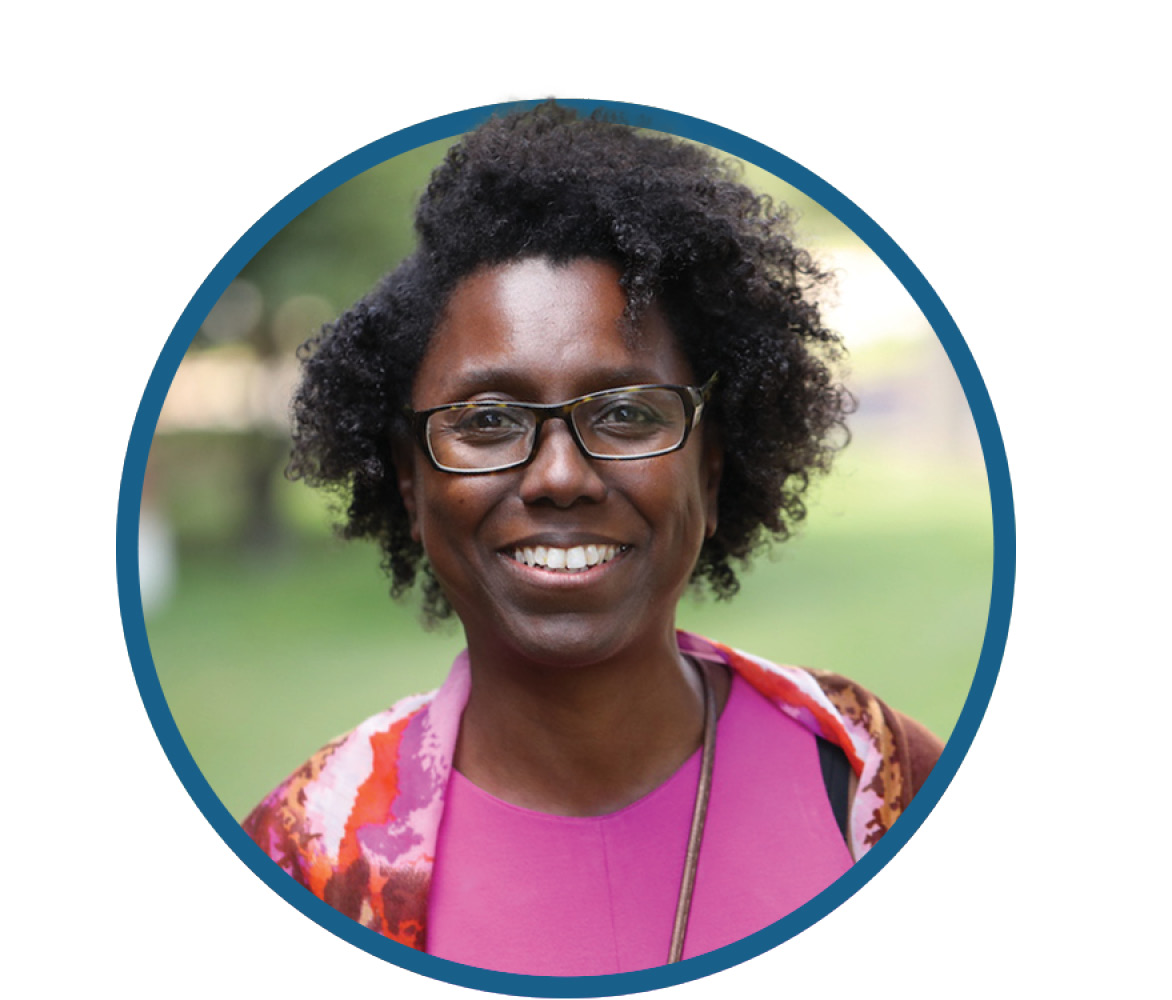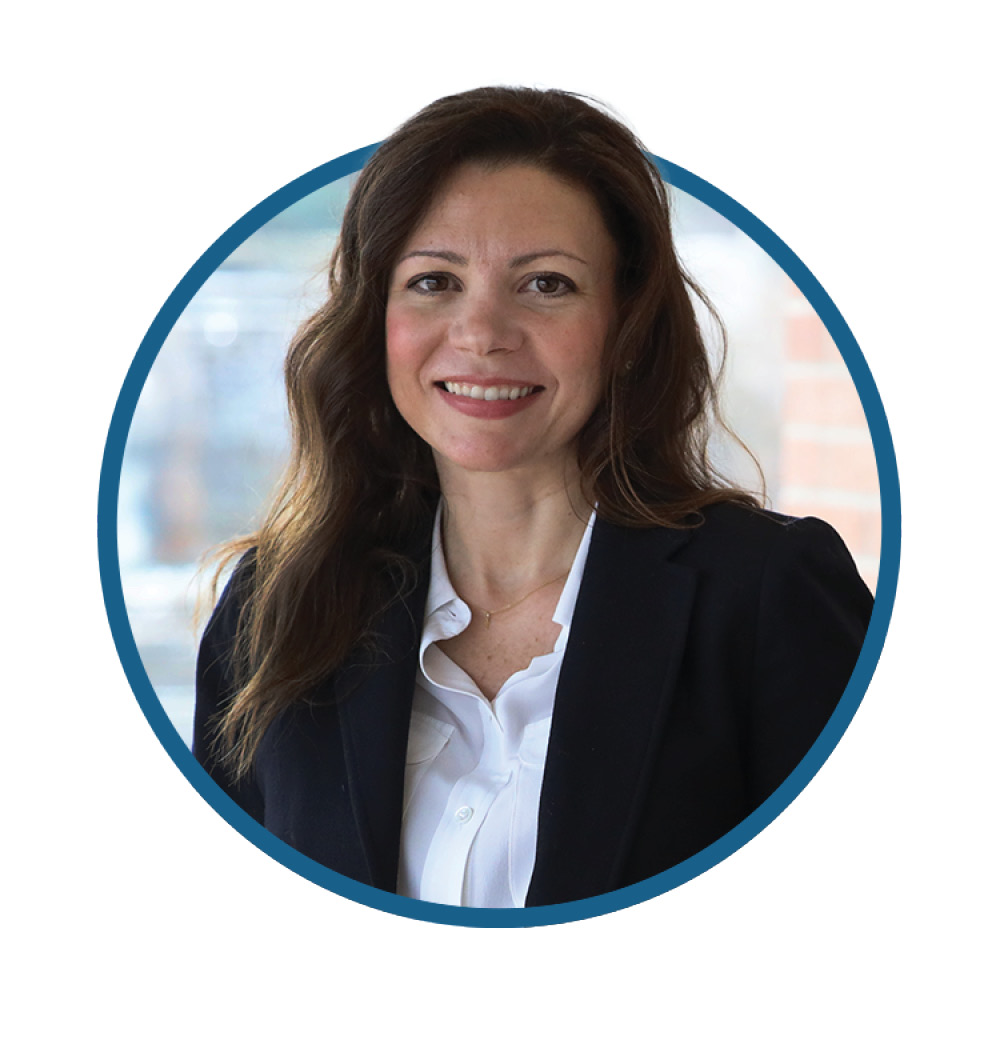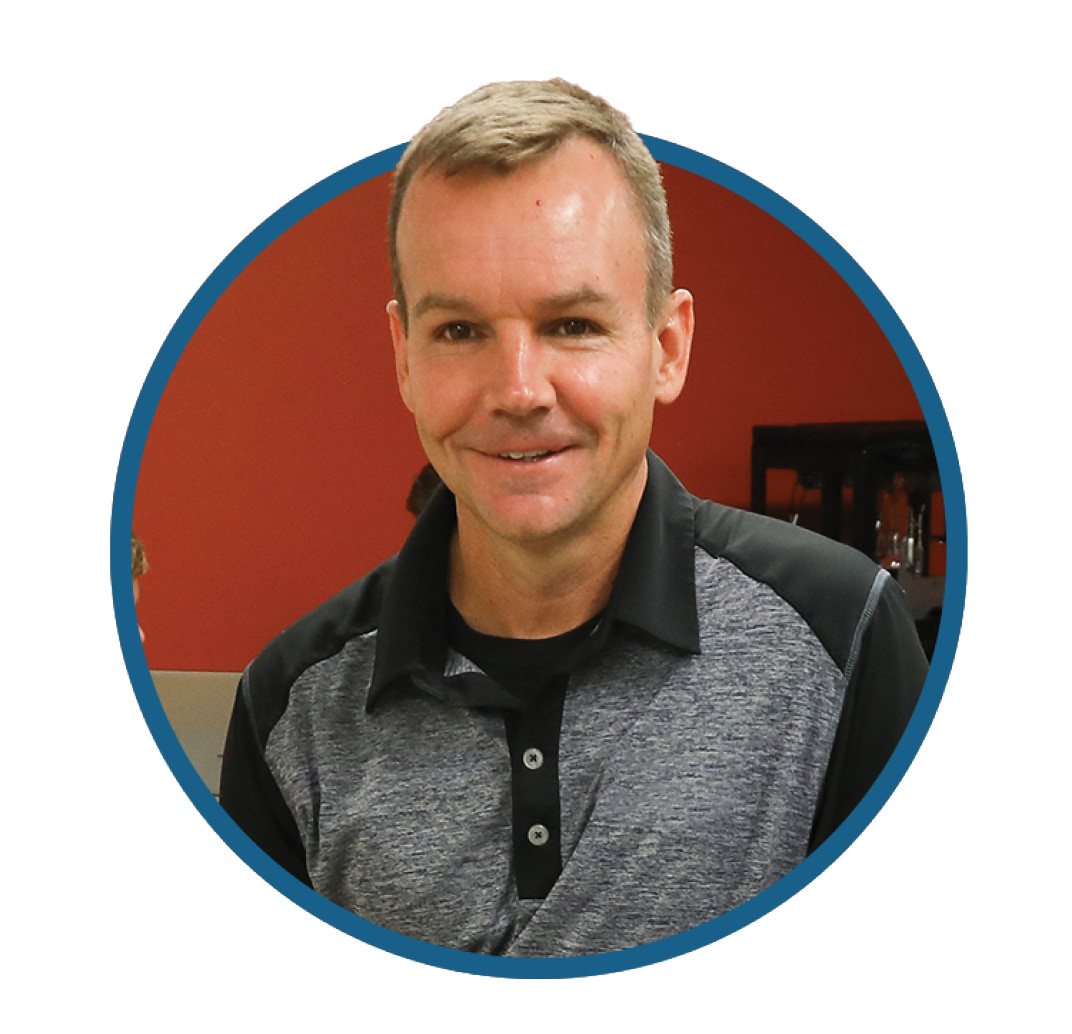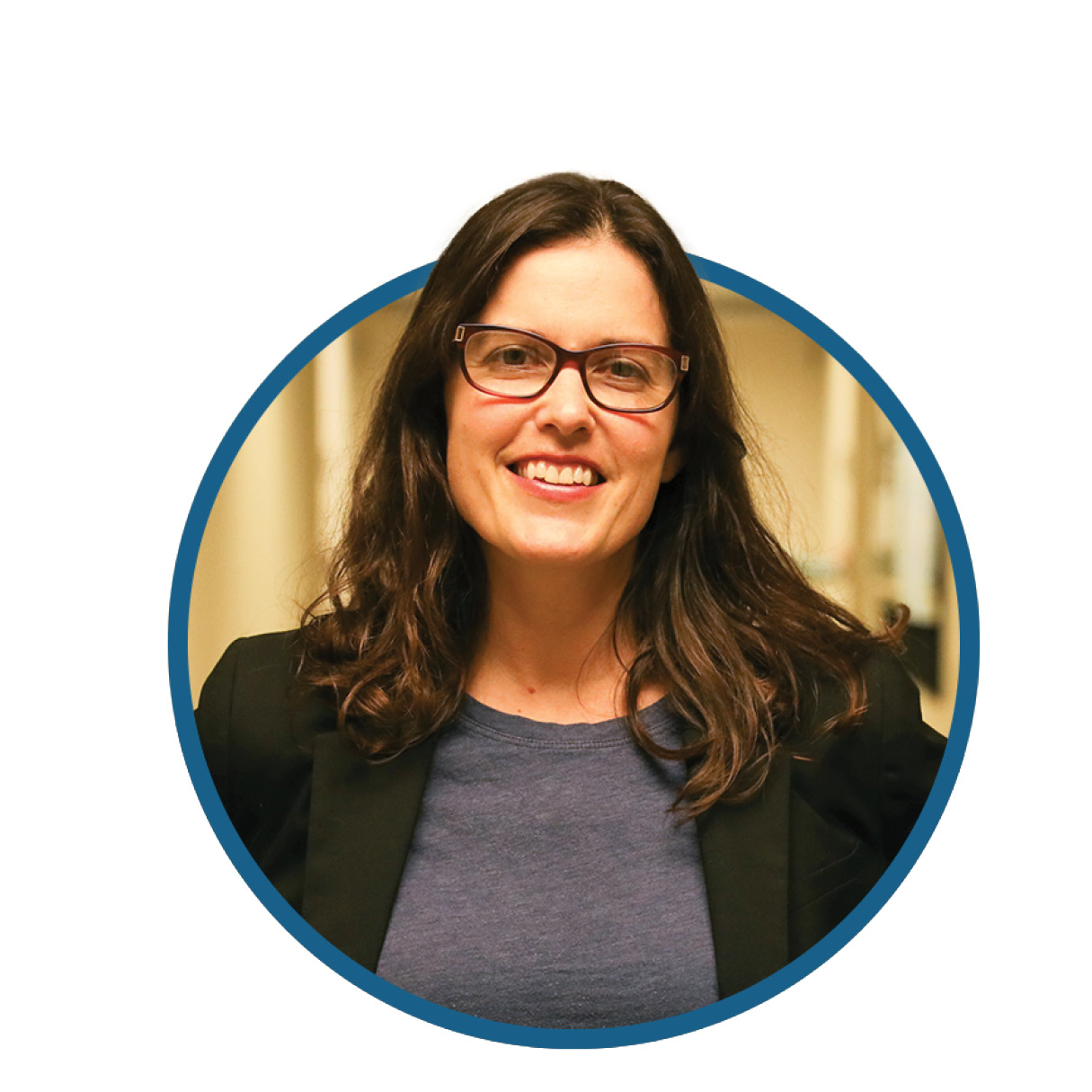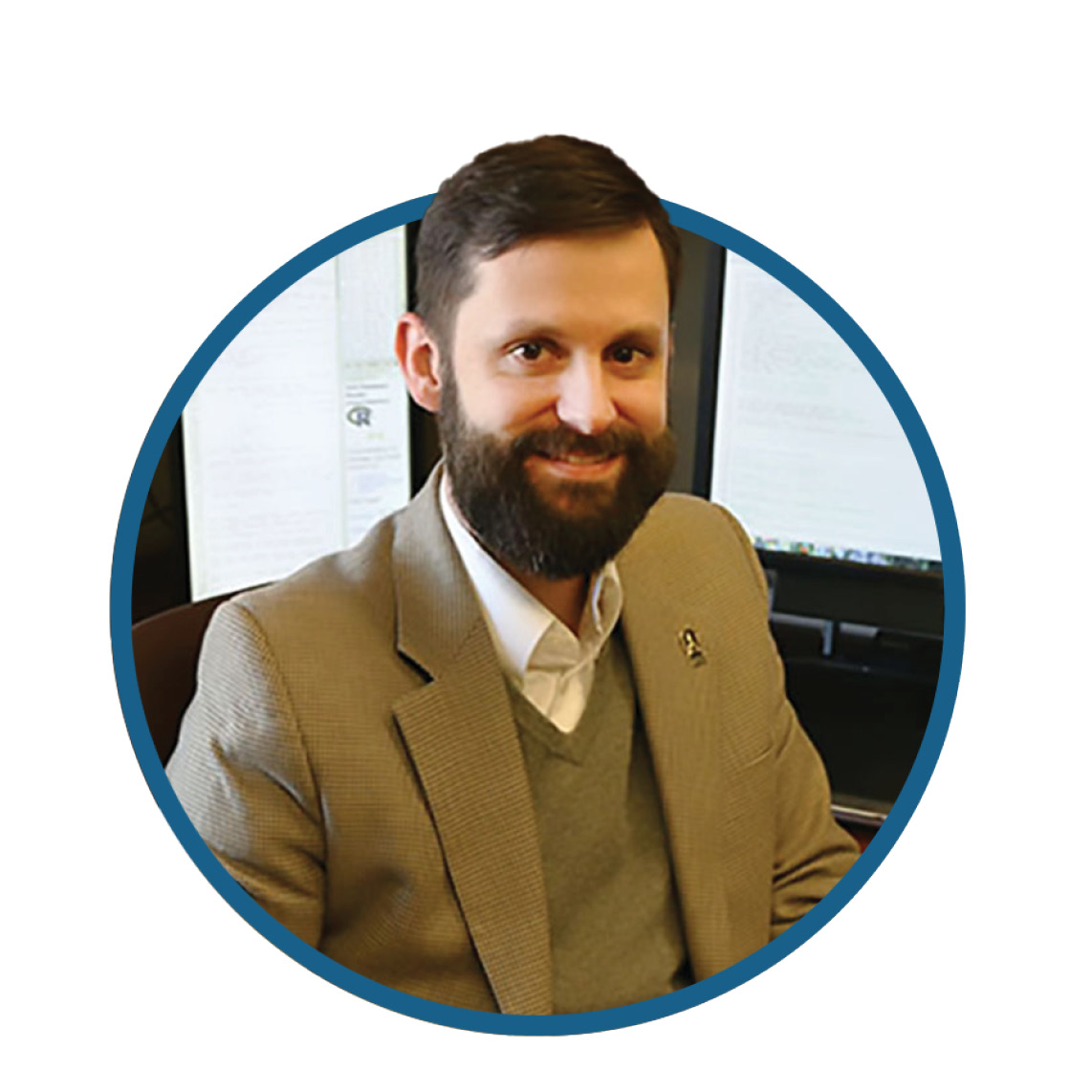People Centered Research
Talk to any Baylor faculty member, and you’ll soon discover a passion for discovery — discovery through their own research and scholarship, and the multiplier effect that comes from fostering that same passion in their students. Dig deeper, and you’ll find that their passion is built on compassion — a desire to make the world better and improve outcomes for others. For some, their expertise serves children with autism or enhances access to healthy food and clean water; for others, it’s about improving educational accessibility and outcomes or fighting cancer.
How do faculty describe that motivation? The following six Baylor faculty members were called to dramatically different disciplines. Whether they’re alone at their computer crunching data or immersed in water collection at lakes and streams, the focus is the same — people.
Bryan Shaw, Ph.D., professor of chemistry and biochemistry, has built a dual-track research career at Baylor. In 2008, his infant son, Noah, was diagnosed with a rare pediatric eye cancer, retinoblastoma. While Noah survived the disease, he lost sight in one eye. Shaw partnered to create an app enabling parents to screen photos for retinoblastoma to catch the disease quickly. In 2022, he was awarded a $1.3 million grant from the National Institutes of Health to combine high-tech resources with low-tech “lab hacks” to make science concepts and laboratories accessible to children with blindness or visual impairment.
“I’m a chemist, and I do see myself in the human flourishing business. You just can’t be a lab rat who has no bigger picture about the impact of what you’re doing. So, it’s very much about human flourishing. All the problems I work on, from the fundamental ones to the applied ones in chemistry, are related to human disease. For me, as a chemist, it’s not always doing traditional chemistry but also focusing on creating an app or an NIH grant to make labs accessible. When I think about my son and talk to other parents of children with disabilities, what they’ll be doing in their 30s and 40s depends on what we’re doing for them now. And most scientists are just too busy to really even care. At Baylor, it’s not that way, and that’s nice. There’s an ethos here.”
Stephanie Boddie, Ph.D., serves as assistant professor of church and community ministries — a joint position in Baylor’s Diana R. Garland School of Social Work, School of Education, and George W. Truett Theological Seminary. Her research examines faith-based social innovation and entrepreneurship, along with related topics like race, social services, food insecurity and more. She was recognized in 2020 as an Undergraduate Research Mentor of the year.
“Last year, I taught a course called Education from a Gardener’s Perspective. It’s a meaningful metaphor. We are learning to connect permaculture gardening principles to course content. I like the way this course and related research connect with human flourishing, because the Latin root is florere — to bloom, to blossom or to flower. And so, you might find our students and me at an elementary school like Connally Elementary School. We had a Baylor day there, introducing students to aquaponics to connect with the science, technology, engineering, agriculture and math work reflected in their curriculum. You could also find our students at a local congregation building an urban garden. In 2018, we won a grant to create a greenhouse at Connally. It’s not just about physically managing gardens but using these principles to cultivate vocational, spiritual and personal lives that impact others.”
Leigh Greathouse, Ph.D., is an associate professor in nutrition sciences. The Greathouse Research Laboratory focuses on the relationship between diet and the microbiome and its impact on cancer etiology and treatment. Among numerous grants, she earned a coveted Career Development Award from the Department of Defense in 2020. A cancer survivor, Greathouse overcame stage IV uterine leiomyosarcoma at the age of 24.
“My own struggle with cancer really is what keeps driving me to solve these big problems that we are facing on a regular basis — things like treatment response and long-term side effects. How can we reduce those with simple, or perhaps more complicated, interventions? What really keeps my scientific curiosity going is tackling some of those bigger problems that cancer patients face. I by no means think I’m going to identify a cure for cancer, but I can prepare my students for their future roles in this. It’s a driving force, the fact that I get to mentor young burgeoning scientists that will hopefully go out there one day and do amazing things in their careers, and bring new technologies or new thoughts or new findings, and really developing them to have high ethical standards.”
Brian Garner, Ph.D., is an associate professor of mechanical engineering whose invention benefits individuals with many various disabilities, including children with autism. The MiraColt is a mechanical device that accurately reproduces a horse’s gait. It was inspired by equine-assisted therapies to expand the therapy to individuals without access to horses. The MiraColt was commercialized through Baylor’s Lab to Market Collaborative, and a multidisciplinary team is currently studying its benefits for children with autism.
“My specialty is combining computer modeling and simulation with design of mechanical systems for bio-related applications. I didn’t start out with a vision for a mechanical horse, but I became interested in the benefits of that motion, and the project sprouted from there. I’ve always had the desire to create, even when I was young. So, that’s deep within me — the desire to innovate, and to have an impact. I wanted to do something that would actually get out there in the world to benefit people, and I feel like the Lord blessed me and helped me with the opportunity to develop the mechanical horse. Over many years now, the project has bloomed and blossomed. As I grew to understand how such a device could improve people’s quality of life … well, I became quite excited about that.”
Rebecca Sheesley, Ph.D., is an associate professor of environmental science concentrating on understanding local to global impacts of atmospheric particulate matter. She is currently at work collecting data for an $890,000 grant by the Department of Energy to examine the impact of urban pollution on thunderstorm activity.
“I focus on atmospheric research — aerosol analysis, particles in the atmosphere and gas-based species. Working with students, you do see the correlation between this work and their future — and it can play out in so many ways. We have various undergraduates who may not want to pursue a career in air quality; maybe they’re going to be medical doctors, lawyers or business people. To have additional people understand air quality concepts is fantastic, and that’s part of our mission here. Graduate students will ideally go on to a career in air quality and atmospheric chemistry. One of the main reasons that I got into environmental chemistry is because I wanted to have direct application for the science that I was doing and to help people — for this work to be directly beneficial.”
Grant Morgan, Ph.D., is a data scientist with an educational application. He serves as associate dean for research and professor of educational psychology in Baylor’s School of Education. There, he focuses on measuring educational data, including student testing. His work has been funded by the National Science Foundation and National Institutes of Health.
“I am formally trained as a psychometrician, and that means that I study the way we measure and explore relationships between variables that we believe exist but can’t directly measure. Anytime we think about tests that are used in education to make decisions about students, we’re making a decision about something we can’t directly see. One of the things that I really try to tap into is why any of us do what we do. I think when you ask the question long enough and in the right ways, we all want the world to be better. Underneath it all, we all want life to be better. Yeah, we are intellectually curious and we like it and those kinds of things, but if you look at downstream ... it’s to make life better, hopefully, for kids that I’ve never met and will never meet.”
